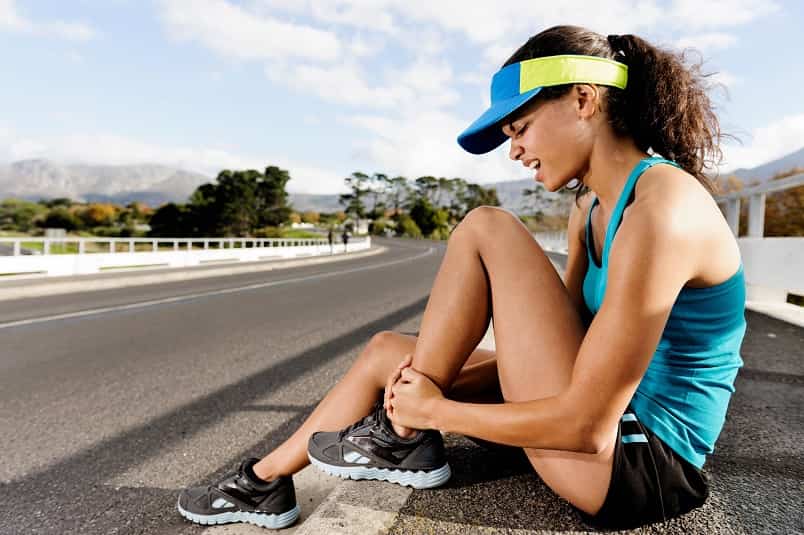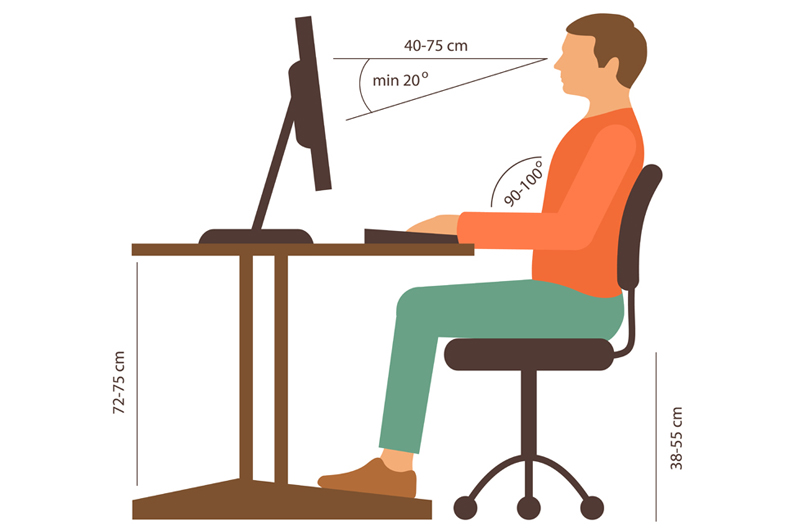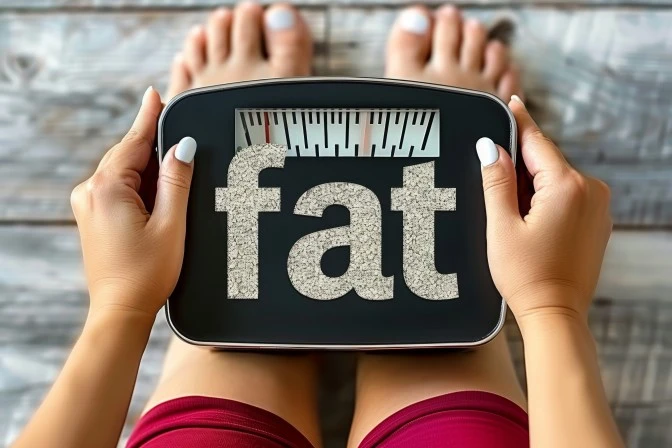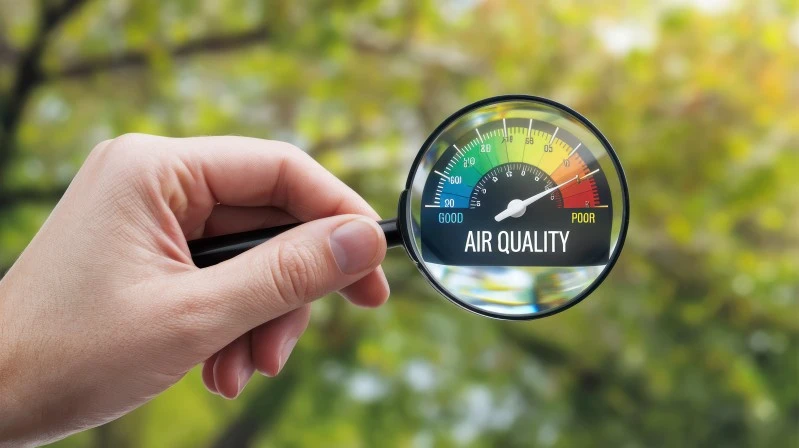Ever heard of fart walks? No, it’s not what you think, though a little giggle is totally allowed. It’s a quirky name for a surprisingly powerful wellness ritual: a casual walk after meals to help digestion, reduce bloating, and yes, ease gas. It’s the gut-friendly habit your body didn’t know it needed.
What are fart walks?
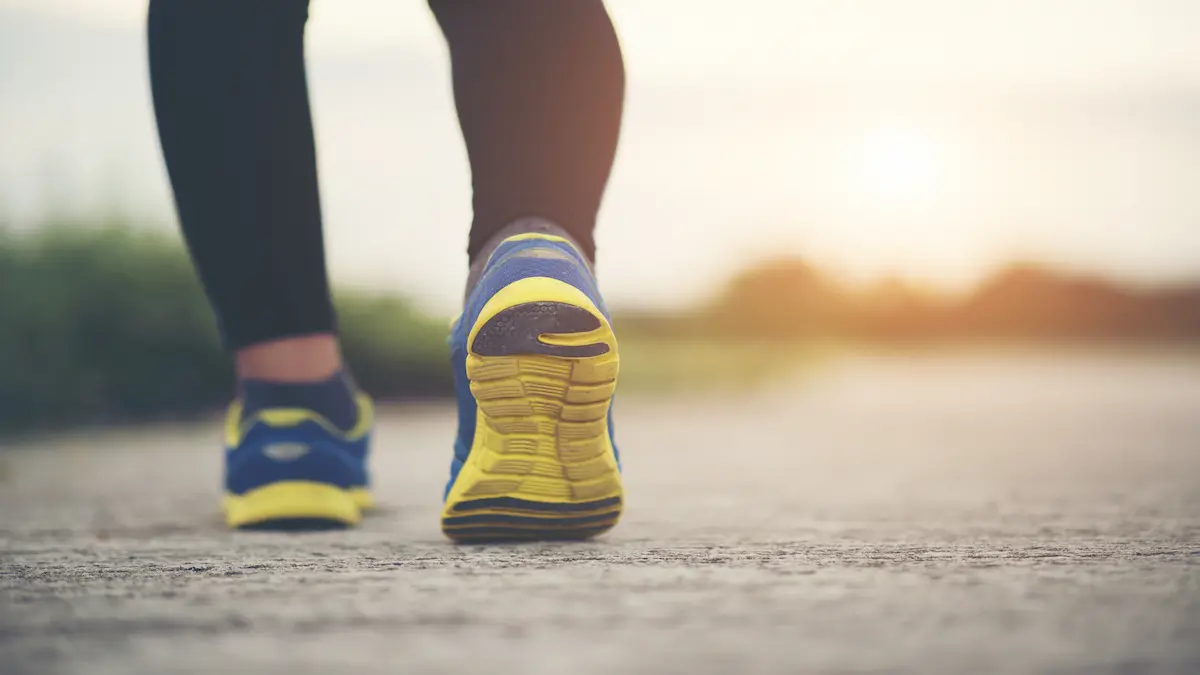
What is a fart walk? A fart walk is a practise named by Mairlyn Smith, a 70-year-old cookbook author, who promotes on सोशल मीडिया the idea of eating lots of fiber and walking after dinner to pass gas. It involves taking a gentle stroll immediately after eating to aid digestion and boost overall health.
Top fart walk benefits
Are there genuine health benefits from strolling after dinner? Here’s why fart walks might be a secret to healthy ageing.
Helps ease bloating
Walking after a meal helps to get your digestive system moving. When you sit or lie down after eating, food can stay heavy in your stomach, leading to bloating and trapped gas. Moving around gently helps your stomach and intestines contract and push food along, which speeds up digestion and helps release gas naturally.
May stabilize blood sugar levels
Fart walks can help regulate your ब्लड शुगर. After eating, blood sugar levels rise as your body breaks down food into glucose. Walking engages your muscles to absorb glucose for energy, which helps reduce the spike in blood sugar. This benefit is especially important for older adults, as insulin production tends to decrease with age. Even a brief 10- to 15-minute walk after meals can also lower the risk of developing type 2 diabetes.
Boosts heart health
Walking is a gentle form of exercise that enhances heart health by improving circulation and strengthening the heart. It also helps to lower blood pressure and burn calories. Besides walking, it is beneficial for your brain, as it releases endorphins—natural mood enhancers that reduce stress and anxiety.
Aids in managing weight
नियमित fart walks can help maintain a healthy weight. While not strenuous exercise, these walks accumulate as consistent movement that burns calories and supports metabolism. This is beneficial for those trying to lose weight and prevents weight gain, contributing to overall health and longevity.
Improves sleep quality
Taking a walk after dinner can also support better sleep. By helping to regulate blood sugar and improve circulation, brisk walks encourage relaxation and prepare your body for restful sleep. A good night’s sleep is crucial for repairing the body and maintaining good health as you age.
नुकसान
Some disadvantages of fart walks include the following:
- May not help serious digestive issues: It won’t fix chronic problems like severe IBS, food intolerances, or GERD.
- Temporary relief only: It relieves the symptom (gas) but doesn’t address the root cause (diet, gut health, etc.).
How to maximise the benefits?
A few important points to consider for gaining the benefits of walking after eating include:
Choose the right time
Your blood sugar rises within 60 to 90 minutes of eating, so it’s essential to get your fart walk in about an hour after you’ve finished your meal.
Be mindful of your diet
While post-meal walks can help maintain blood sugar levels, preventing spikes begins with what you put on your plate. Eating foods high in fiber and avoiding ultra-processed foods will prevent your blood sugar from rising so much in the first place.
Support overall daily wellness
While paying attention to what happens at mealtimes is important, your overall well-being also influences your digestion and blood sugar levels. This includes how active you are, how much rest you get, and the levels of stress and anxiety you experience.
Don’t ignore ongoing health issues
If you’re experiencing frequent bloating, it might be something more than a walk can fix. It’s often related to the types of food people are eating, or it may be linked to small intestinal bacterial overgrowth or irritable bowel syndrome. These conditions are unlikely to improve with just walking. Don’t hesitate to see a doctor if your digestive symptoms continue or worsen. But if you’re becoming gassy from eating lots of fiber-rich, whole foods and then going for a walk to pass it, that’s a virtuous—and—stinky cycle that any GI doctor would support.
How to do a fart walk?
The best time to take a fart walk is approximately 10 to 20 minutes after eating. It doesn’t need to be brisk or lengthy – just a gentle stroll around your home or neighborhood suffices. The aim is to get your body moving enough to stimulate digestion and allow gas to pass naturally.
When to try it:
- After a large meal
- When feeling gassy or bloated
- As part of a daily post-dinner routine
- After eating gas-producing foods (e.g., beans, carbonated drinks, cruciferous veggies)
The fart walk fix
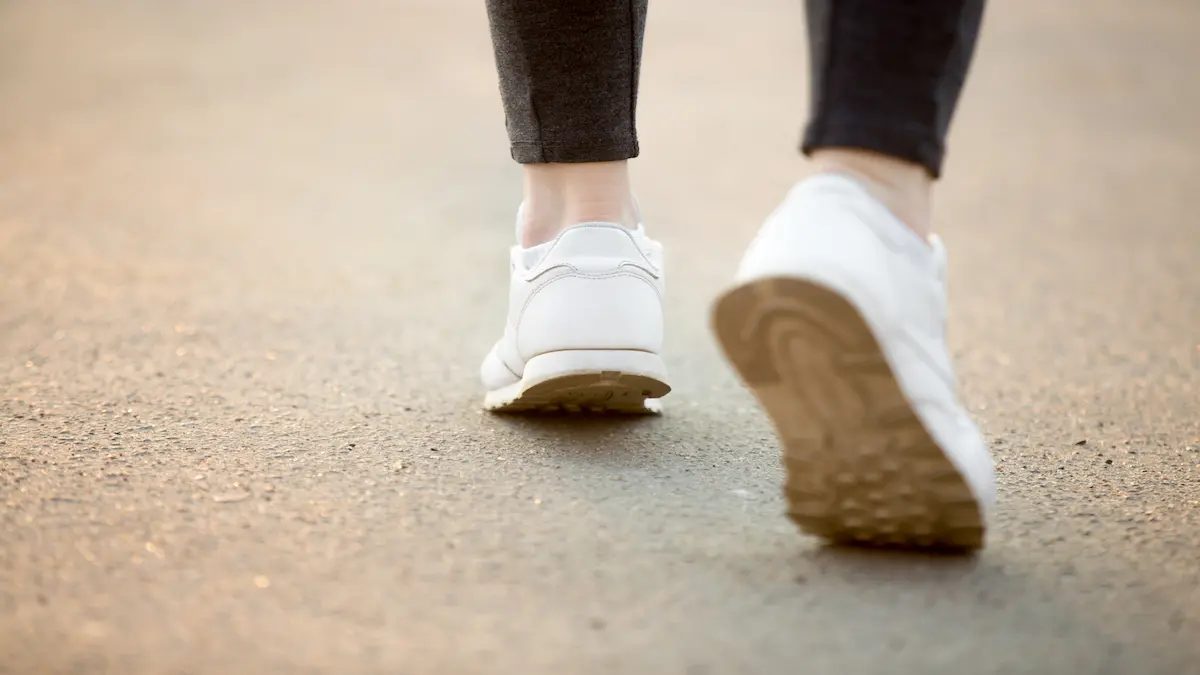
It turns out that a simple walk after meals—affectionately called a fart walk—might be one of the easiest ways to aid your digestion, lift your mood, and prevent bloat. It’s low-effort, cost-free, and both your gut (and maybe even your jeans) will thank you. So, the next time you push back from the dinner table, lace up your shoes and take a little stroll. Your body—and your gas—will find its way out smoothly.
Common questions about fart walks
Got questions about fart walks? You’re not alone—this oddly named but gut-friendly habit sparks plenty of curiosity. Let’s clear the air.
1 How long should a fart walk be?
Even 10–15 minutes can make a significant difference. A short, gentle stroll after meals can aid digestion and help reduce bloating or discomfort.
2 Can I do a fart walk after breakfast?
Absolutely! Fart walks aren’t just for dinner. A post-breakfast walk can help kickstart your metabolism and prevent that sluggish morning feeling.
3 Is a fart walk the same as a normal walk?
Pretty much, yes—just with a digestive purpose! The key difference is when you walk: within 15–30 minutes after eating, at a relaxed pace.
4 Does a fart walk really help with weight management?
It’s not a magic fat-burner, but regular post-meal walks can support weight management by improving blood sugar levels and promoting physical activity.
5 Can everyone do a fart walk?
In most cases, yes! It’s a low-impact activity suitable for all ages. However, if you have a medical condition, consult your doctor before making it a routine.
Key Takeaways
- A fart walk entails taking a gentle stroll immediately after eating to support digestion and improve overall health.
- It helps reduce bloating, promotes heart health, and assists with weight control.
- To get the most benefit, choose the appropriate time, be mindful of your diet, and don’t overlook ongoing health issues.
Stay tuned to the Activ Living Community. Keep up to date with the latest health tips and trends through expert videos, podcasts, articles, and much more on पोषण, फिटनेस, सचेतन, और लाइफस्टाइल से जुड़ी बीमारियां like Asthma, Blood Pressure, Cholesterol, and Diabetes. Activ Living ke saath sahi sehat ki shuruat ABHI karo.
You may also be interested in the following blogs:
Popular Searches
How to lower blood pressure | Fruits good for liver | Unhealthy foods | रागी के लाभ | बेसल मेटाबोलिक रेट | हाई ब्लड प्रेशर के लिए एक्यूप्रेशर पॉइंट्स | Ayurvedic medicine for blood pressure | How to control cholesterol at home | Homeopathy for Asthma | Biological Age | Home remedies for TB | Natural beta blockers | Negative effects of internet | Types of walking | ब्लड प्रेशर कैलकुलेटर | ब्लड शुगर कैलकुलेटर | BMI कैलकुलेटर





 1800-270-7000
1800-270-7000


